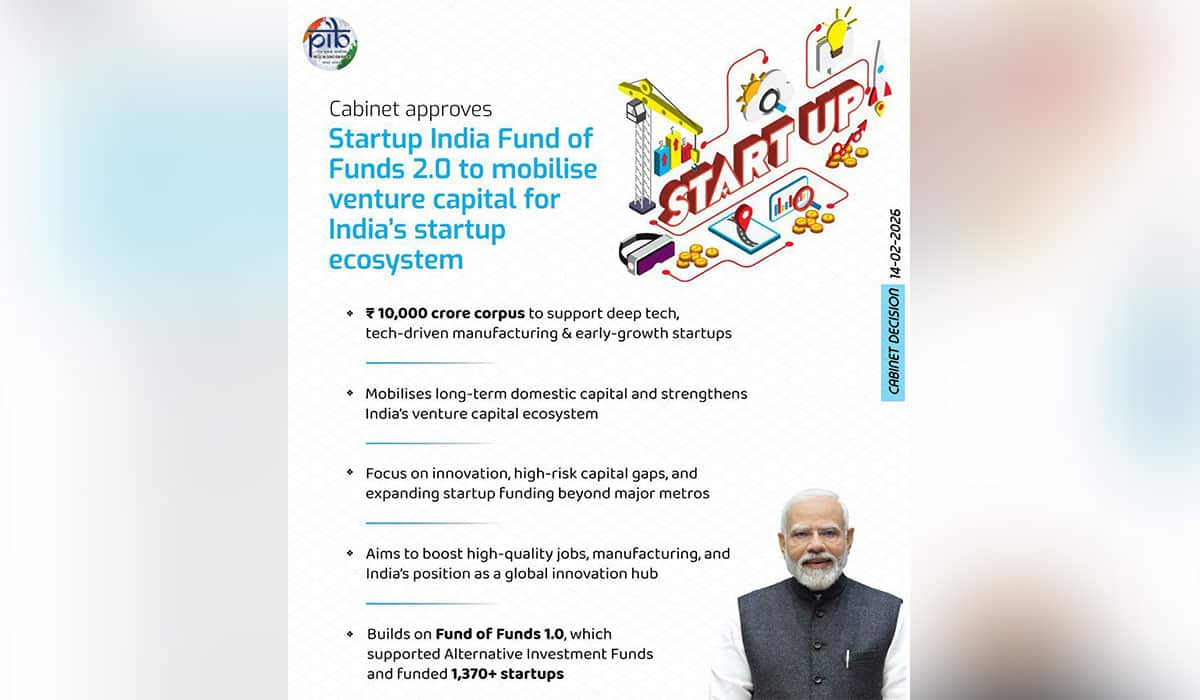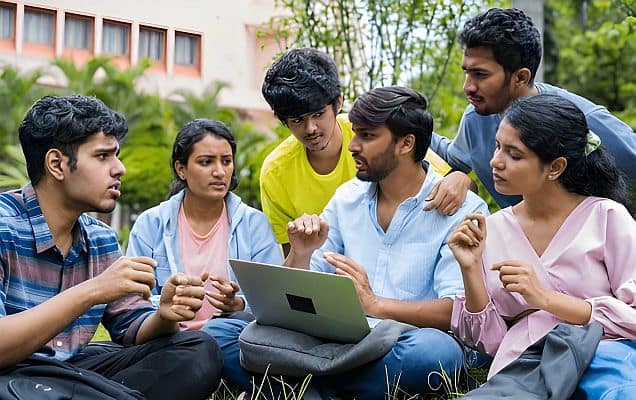The Union Cabinet, chaired by the Prime Minister Shri Narendra Modi, has approved ‘Mission Mausam' today with an outlay of Rs.2,000 crore over two years.
Mission Mausam, to be chiefly implemented by the Ministry of Earth Sciences, is envisaged to be a multi-faceted and transformative initiative to tremendously boost India's weather and climate-related science, research, and services. It will help to better equip stakeholders, including citizens and last-mile users, in tackling extreme weather events and the impacts of climate change. The ambitious program will help broaden capacity and resilience across communities, sectors, and ecosystems in the long run.
As part of the Mission Mausam, India will exponentially expound research and development, and capacity in atmospheric sciences, especially weather surveillance, modelling, forecasting, and management. By integrating advanced observation systems, high-performance computing, and cutting-edge technologies like artificial intelligence and machine learning, Mission Mausam will set a new benchmark for predicting weather with high precision.
The mission's focus will include improving observations and understanding for providing highly accurate and timely weather and climate information across temporal and spatial scales, including monsoon forecasts, alerts for air quality, extreme weather events and cyclones, weather interventions for managing fog, hail, and rain, etc., capacity building and generating awareness. Critical elements of Mission Mausam will include the deployment of next-generation radars and satellite systems with advanced sensors and high-performance supercomputers, the development of improved Earth system models and a GIS-based automated Decision Support System for real-time data dissemination.
Mission Mausam will directly benefit numerous sectors, such as agriculture, disaster management, defence, environment, aviation, water resources, power, tourism, shipping, transport, energy, and health. It would also enhance data-driven decision making in areas such as urban planning, road and rail transport, offshore operations, and environmental monitoring.
Three institutes of the Ministry of Earth Sciences: the India Meteorological Department, the Indian Institute of Tropical Meteorology, and the National Centre for Medium-Range Weather Forecasting will primarily implement Mission Mausam. These institutions will be supported by other MoES institutions (Indian National Centre for Ocean Information Services, National Centre for Polar and Ocean Research, and National Institute of Ocean Technology), along with collaborating national and international Institutes, Academia and Industries, furthering India's leadership in weather and climate sciences and services.













